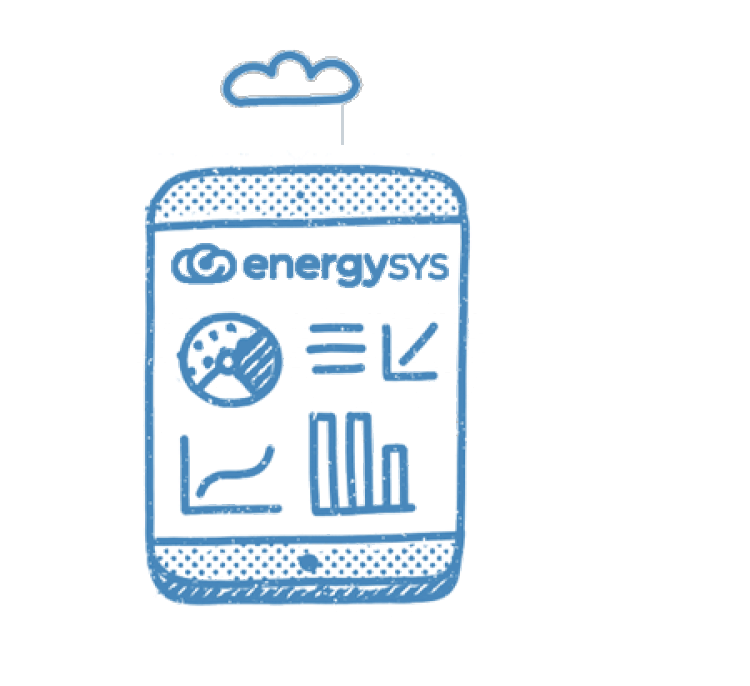Performance Improvement
In my last blog post I mentioned performance improvement. It’s a buzzword that frequently appears when researching software systems for the oil and gas industry. What exactly does it mean?
Performance Improvement is a blanket term for a range of important issues. Ranging from operational efficiency, to automation, and data integration.
The vast majority of software companies seem to equate performance improvement with “cost savings”. They define this as the primary benefit. Given the current climate, this is undoubtedly important, Is this the only thing we should be focusing on? Where do the other elements of Performance Improvement come into this?
What happens if a company focuses solely on cutting costs?
Having had experience within the food industry, I have often seen companies focus heavily on cost savings. This occurs particularly when supermarkets continuously push suppliers for reductions. I have witnessed companies reduce their overheads by up to 20%, but still fail. Why is this?
Think back to the controversy in 2010, when Kraft took over Cadbury. Despite promises to the contrary, within weeks Kraft had closed a factory to save money. And it didn’t stop with factories. The US owner, now called Mondelez, tinkered with recipes, packaging and traditions. They did this all in an apparent effort to reduce costs.
Following the important Easter period, it has now been reported that Cadbury lost more than £6m in Creme Egg sales after changing the recipe to include cheaper ingredients. Ultimately, all of the cost-savings have actually lead to cost-failings, by breaking the trust of customers and potentially ensuring that they never return.
If the entire focus of performance improvement is on saving money, a much bigger opportunity is missed. The low oil price and volatility of the oil and gas market at the moment makes it inevitable that people are looking to cut costs. But instead of only looking at what they can take away, it’s probably time to look at ways to add value.
